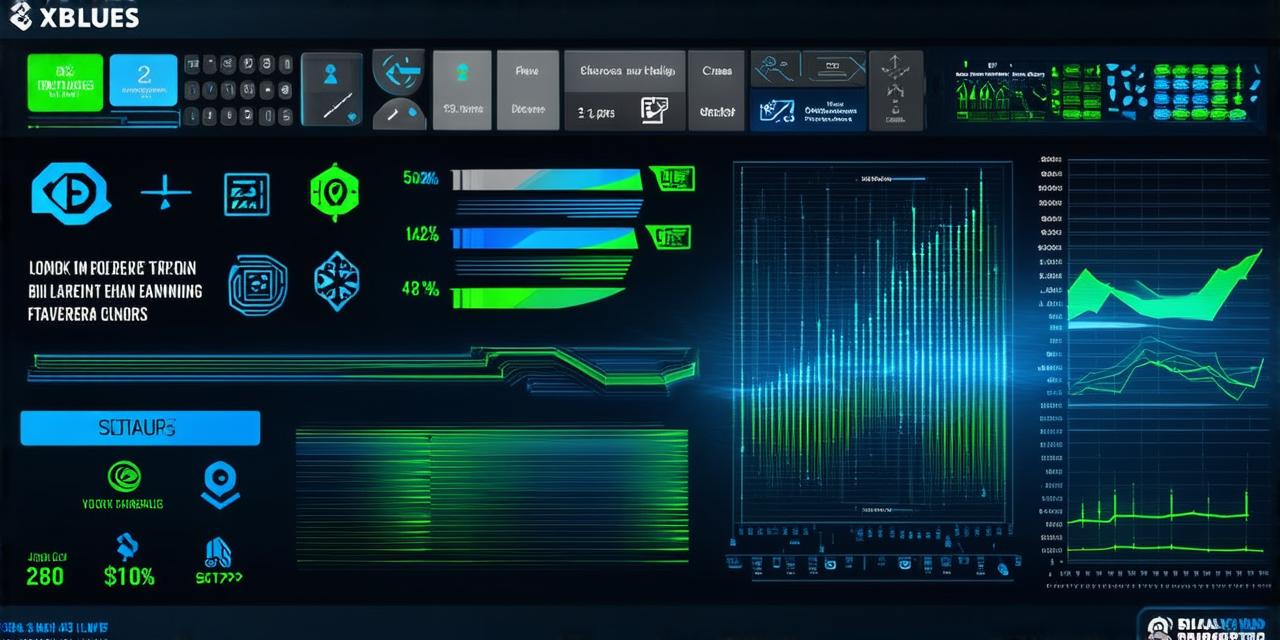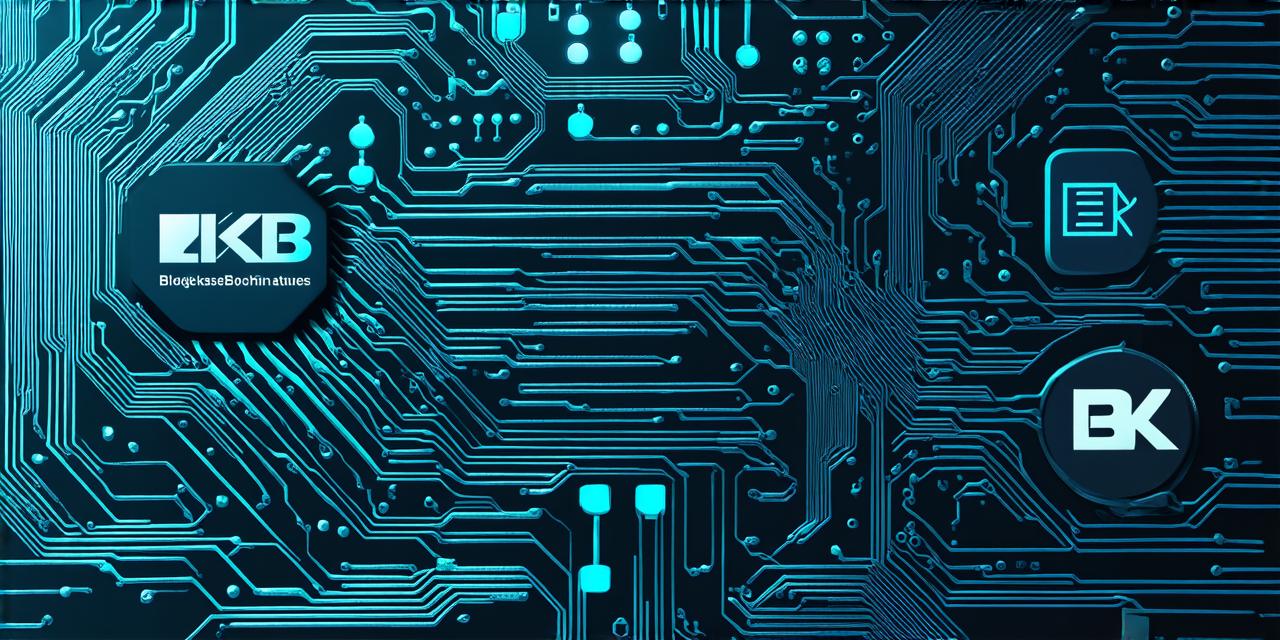Introduction:
Blockchain technology is one of the most promising innovations of recent times. It’s a decentralized, secure, and transparent ledger system that enables secure exchange of data and assets without intermediaries.
What is Blockchain?
Blockchain is a distributed database that maintains a continuously growing list of records called blocks. Each block contains multiple transactions, and each transaction is encrypted to ensure security. The data in these blocks is decentralized, meaning it’s not stored on any central server or controlled by any single entity. Instead, the data is spread across a network of computers, which makes it much more secure and resistant to tampering.
Benefits of Blockchain:
-
Decentralization: One of the key benefits of blockchain technology is its decentralized nature. The data on a blockchain is not controlled by any single entity or organization, making it highly resistant to hacking and fraud. This is because there are multiple nodes in the network that verify transactions and maintain the integrity of the data.
-
Transparency: Blockchain technology provides transparency in every transaction. Each transaction is recorded on a public ledger, which can be viewed by anyone with access to it. This makes it easier to track and audit transactions, reducing the risk of fraud or corruption.
-
Security: Blockchain is highly secure due to its use of cryptography. Each block contains multiple transactions, and each transaction is encrypted using a unique key. The key is distributed across the network, making it much harder for hackers to access the data. Additionally, the decentralized nature of blockchain means that there is no central point of failure, making it highly resistant to attacks.
-
Trust: Blockchain technology provides trust between parties who have never met before. This is because each transaction is verified by multiple nodes in the network, ensuring that it’s legitimate and not fraudulent.
Blockchain Applications:
-
Cryptocurrency: The most well-known application of blockchain technology is cryptocurrency. Bitcoin, the first decentralized digital currency, was created using blockchain technology. Other popular cryptocurrencies include Ethereum, Litecoin, and Ripple.
-
Supply Chain Management: Blockchain technology can be used to improve supply chain management by providing transparency and security in every transaction. By using a blockchain-based system, companies can track the movement of goods from production to delivery, ensuring that they are authentic and not counterfeit.
-
Healthcare: Blockchain technology can be used to improve healthcare by providing secure and transparent record keeping. This would enable patients to control their own health records, allowing them to share information with healthcare providers as needed. It could also help prevent medical fraud and ensure the integrity of clinical trials data.
-
Voting Systems: Blockchain technology can be used to create secure and transparent voting systems. By using a blockchain-based system, it would be much harder for hackers to tamper with the voting process, ensuring that the results are legitimate and trustworthy.
-
Real Estate: Blockchain technology can be used to streamline real estate transactions by providing transparency and security in every transaction. This would enable buyers and sellers to trust each other without the need for intermediaries, reducing costs and increasing efficiency.
FAQs:
Q: What is blockchain?
Blockchain is a distributed database that maintains a continuously growing list of records called blocks. Each block contains multiple transactions, and each transaction is encrypted to ensure security. The data in these blocks is decentralized, meaning it’s not stored on any central server or controlled by any single entity.
Q: What are the benefits of blockchain?
The benefits of blockchain include decentralization, transparency, security, and trust. Decentralization makes it highly resistant to hacking and fraud. Transparency provides a public ledger that can be viewed by anyone with access to it. Security uses cryptography to make it harder for hackers to access the data. Trust enables parties who have never met before to work together securely.
Q: What are some common applications of blockchain technology?
Some common applications of blockchain technology include cryptocurrency, supply chain management, healthcare, voting systems, and real estate.
Conclusion:
Blockchain technology is the future because of its decentralized nature, transparency, security, and trust. Its potential applications are vast and varied, from cryptocurrency to supply chain management, healthcare, voting systems, and real estate. By adopting blockchain technology, businesses can streamline their operations, reduce costs, increase efficiency, and improve the overall customer experience. As we continue to see the growth of blockchain technology, it’s clear that its impact on society will be significant and far-reaching.




